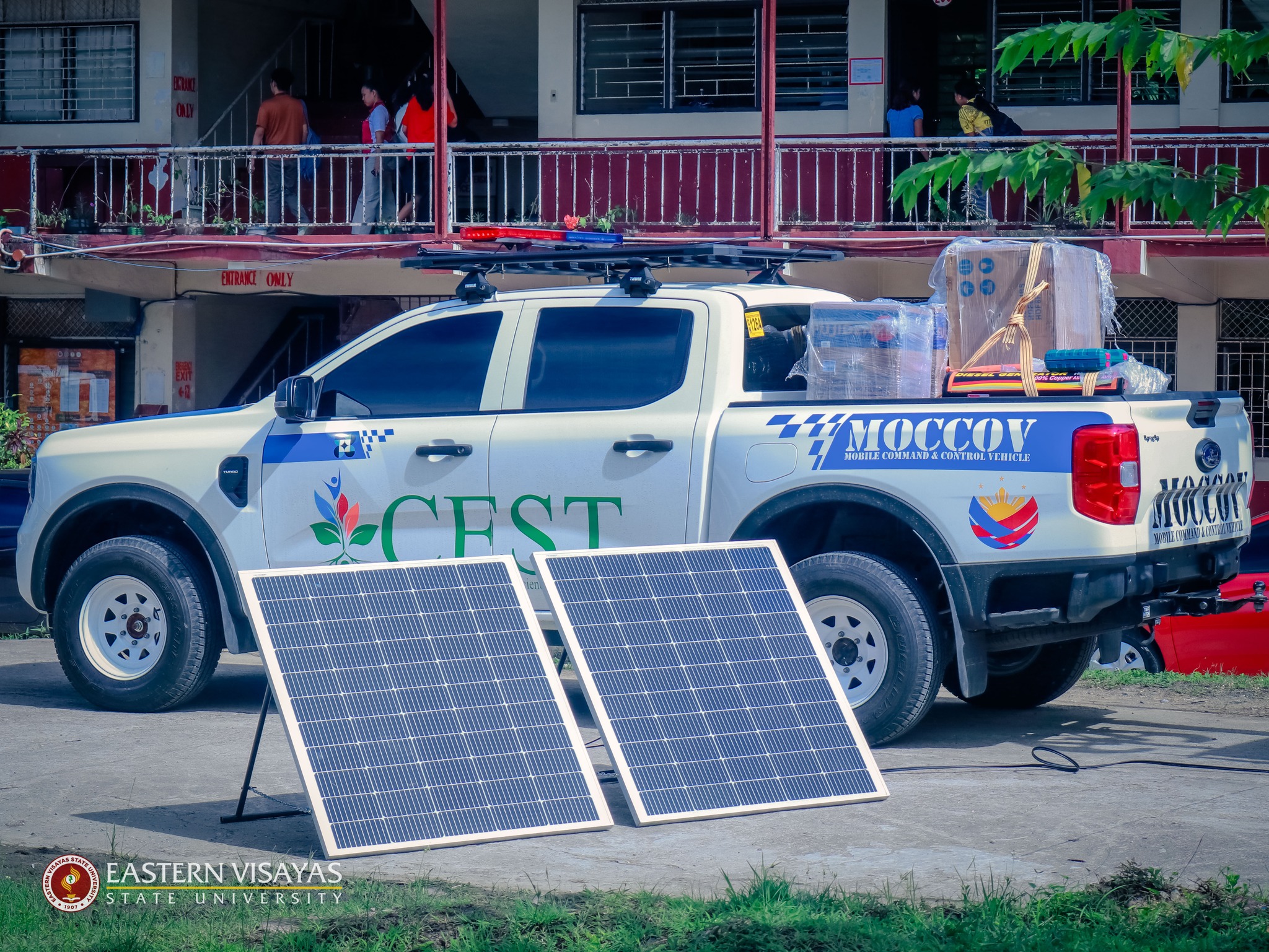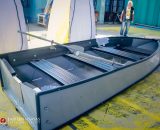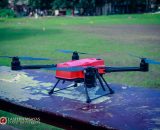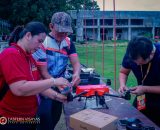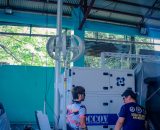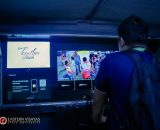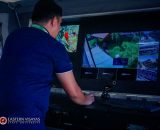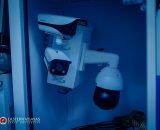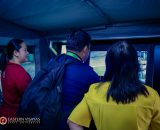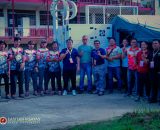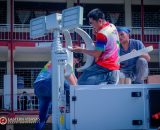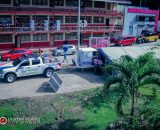In a concerted effort to strengthen disaster risk reduction and management (DRRM) efforts in Region 8, the Department of Science and Technology (DOST) is currently collaborating with EVSU in the project, “Application of Science, Technology, and Innovation for the Enhancement of Disaster Risk Reduction and Management in Region 8.”
A core part of the project is the deployment of a state-of-the-art Mobile Command and Control Vehicle with Triage Technology (MoCCoV). The MoCCoV is a cutting-edge system designed to streamline emergency operations, equipping first responders with real-time data, GPS tracking, and secure communication systems to enhance coordination during crises. By integrating these advanced technologies, MoCCoV ensures more efficient disaster response and management, particularly in large-scale emergencies.
Further, technology training sessions were conducted last February 24 at the Guindapunan Gym in Palo, Leyte, bringing together selected faculty from various colleges and university personnel to familiarize themselves with MoCCoV’s advanced disaster response capabilities. Over the course of the two-day training, working committees composed of EVSU employees were formed to serve as MoCCoV operators. The participants engaged in hands-on exercises, gaining practical experience in utilizing the equipment’s features to manage large-scale emergencies. In EVSU’s continued efforts of expanding its role in DRRM and climate resilience, the deployment of MoCCoV is expected to play a crucial role in strengthening the university’s crisis management strategies.
This article is aligned with the Sustainable Development Goal (SDG) 13: Climate Action; SDG 17: Partnerships for the goals
Written by: JS Beleña | UMDC
Photos by: MH Java | UMDC




